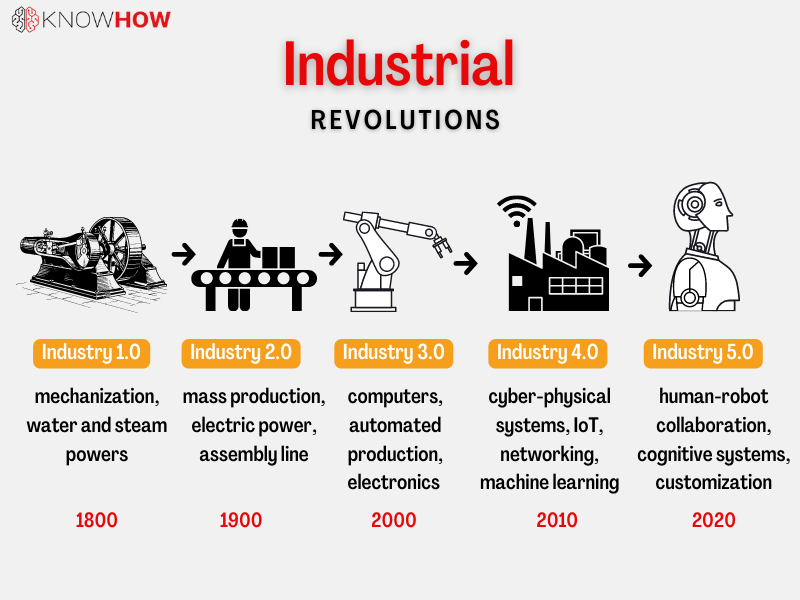I recently attended the IACBE (International Accreditation Council on Business Education) annual conference. A few business education themes came up in the sessions I attended that I compiled in this short debrief. I appreciate my institution, Excelsior University, for sponsoring my attendance and presentations.
Incorporate Social Responsibility
Business programs have to develop socially responsible business people. Shareholders and the public are becoming increasingly interested in company ESG (environmental, social, and governance) and CSR (corporate social responsibility) reporting. SASB and GRI provide a set of standards for companies to In addition, the UN Sustainable Development Goals are a collection of seventeen interlinked objectives designed to serve as a “shared blueprint for peace and prosperity for people and the planet, now and into the future”. Business programs should determine where to integrate ESG reporting and UN Sustainable Goals in the curriculum.
Teach Industry 5.0
I’m casually taking courses in the Futures Thinking Specialization on Coursera, sponsored by the Institute for the Future. In one of the first lessons, Jane McGonigal talks about this concept, “strong opinions, lightly held” (“strong opinions, loosely held” is a concept originally attributed to Jeff Bezos of Amazon). As a futurist, it’s important to make predictions (strong opinions) based on current information in order to ideate and plan for possible futures. As more information becomes available, our predictions can change or be updated (lightly held). We cannot let predictions (strong opinions) rule our life and as more information becomes available, we should be able to adjust our course of action (lightly held).
It is suggested that we are living in Industry 5.0: and era of human-AI/man-machine collaboration. Ai is already creating smart hospitals with real-time treatment, helping manufacturing to repurpose materials, and personalizing products while in the supply chain.

Additionally, all anyone in academia can talk about these days is how Chat GBT is ruining education. Students can easily use it to cheat by asking one of the many platforms to write a paper for them. But, does that mean that web-based cheating is a new game? Obviously not. For some time, students have been able to contract paper writers, search for completed assignments on Course Hero, or search Wikipedia for answers. Maybe, we need to ask ourselves if our ways of assessing are the best ways for students to prove their ability to apply knowledge at all. (Side note, I used it this month to draft proposals and it did a pretty amazing job at getting me started.) The future is here, whether we want it to be or not.
So, on one hand, we need to evolve the way we teach and assess students to allow for more collaboration and customization. On the other, we need to incorporate this new knowledge about how Industry 5.0 is revolutionizing industries and the ways we do business in our curriculum.
Identify Workplace Skills in the Curriculum
There were many discussions about the need to be clear about and connect the specific skills and knowledge that students will learn in weeks, modules, and courses that apply to the workplace. As a place to start, business programs can use the top 10 skills identified by the World Economic Forum to identify and call out these skills in the curriculum. They can then work with Career Services to advise students on how to add these skills on their resumes. Another step is helping students to build their LinkedIn profiles to highlight these skills. Programs can work with the Bursar’s office to determine how to add extracurricular experiences and skills to transcripts.
Add Value through Experiential Project Options
As an added bonus, here is my presentation from the conference.
Digital skills and fluency have infused the workplace, and human skills have gotten a lot more complicated, and employees are expected to be culturally fluent (which we don’t see perfectly represented on the chart). The increasing demand for a highly skilled workforce is driving an urgent need for academic experiential learning opportunities that help to upskill and reskill. Experiential learning is one possible answer for connecting students to skills and experiences found in the working world and helping them to connect theory to practice.
Excelsior University has developed a unique approach to offer flexible and personalized options for its diverse student body of working adults, active-duty military service members, industry leaders and those working on the front lines of health care. We offer virtual project options in our online Master of Science in Organizational Leadership with an Emphasis in Technology and Data Analytics program, and online Graduate Certificate in Data Analytics. Students choose from a self-selected project topic, projects co-developed with real-world companies, or experiential learning experiences offered through a partnership with Forage –a virtual work experience platform.
Take a look at my presentation:
IACBE Presentation by Leah Sciabarrasi



